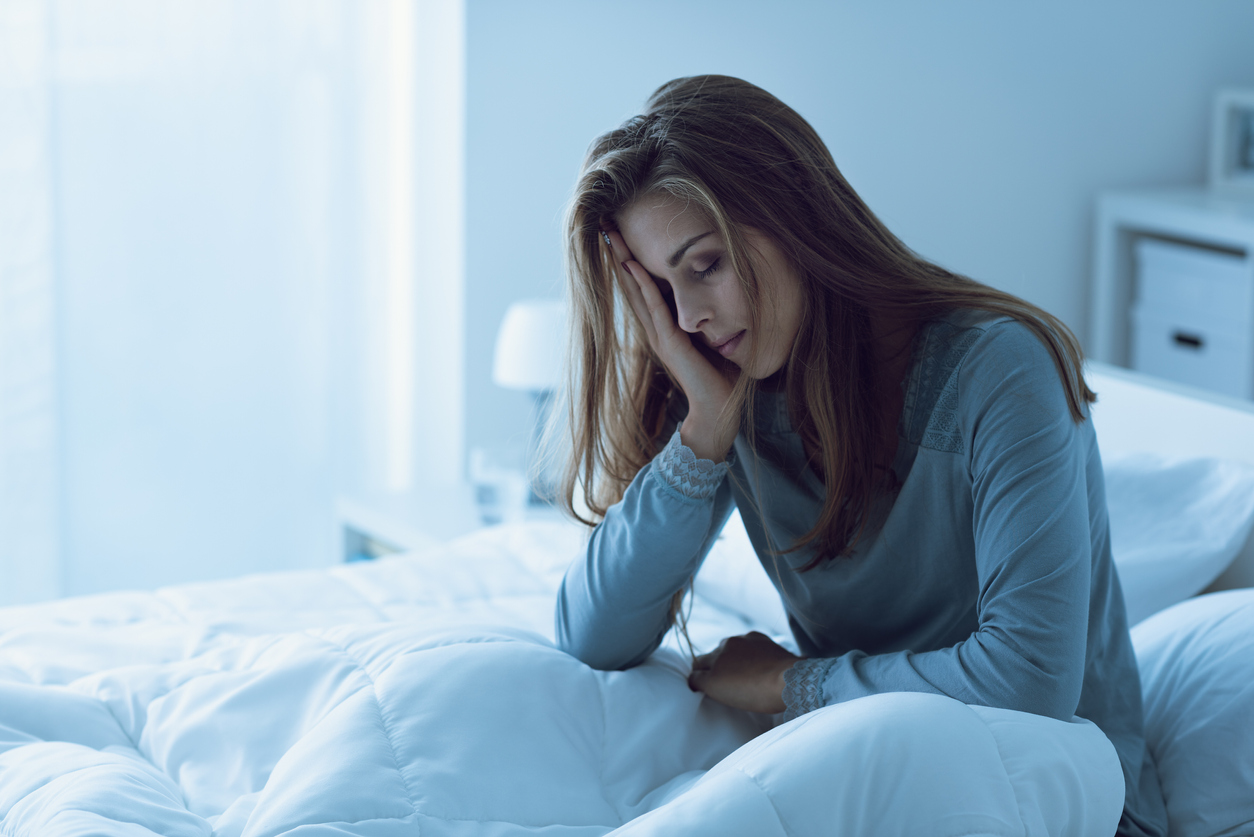
What Is Sleep Disturbance ?
Sleep disturbance is an umbrella term for various sleeping disorders that people struggle with. It can lead to difficulties in falling asleep, staying asleep, and/or disordered sleep-wake cycles. The consequences of not getting sufficient restful and restorative quality sleep can be serious; it can interfere with daily activities and impair one’s emotional wellbeing. If you are suffering from sleep disturbances, it is important to understand what these issues are so you can take measures to address them.
Here we will provide a comprehensive overview of the different kinds of sleep disturbances and explain how they can affect your health and well-being if left ignored or untreated.
Let’s drive in to get more details.
Sleep Disturbance Causes
Following causes are given:
Stress and Anxiety:
One of the leading causes of sleep disturbance is stress and anxiety. When we are stressed or anxious, our bodies release cortisol, a hormone that can keep us alert and make it challenging to fall asleep.
Poor Sleep Habits:
In today’s fast-paced world, we often prioritize work or entertainment over getting enough sleep. This leads to poor sleep habits such as irregular sleep schedules, using electronic devices before bed, or consuming caffeine or alcohol close to bedtime.
Medical Conditions:
Certain medical conditions can also contribute to sleep disturbances. These include but are not limited to asthma, allergies, chronic pain, neurological disorders, and gastrointestinal issues.
Medications:
Some medications can interfere with your body’s natural sleep-wake cycle and cause sleep disturbances. These can include antidepressants, blood pressure medications, and corticosteroids.
Environmental Factors:
External factors such as noise, light, and temperature can disrupt your sleep by keeping you awake or causing frequent awakenings throughout the night.
Different Types of Sleep Disturbances
Some of the most common types of sleep disturbances include:
Insomnia:
This is a very common sleep disorder that can make it difficult to fall asleep and/or stay asleep. It can also cause you to wake up too early and not be able to go back to sleep.
Sleep Apnea:
Sleep apnea is a serious condition where your breathing repeatedly stops and starts while you sleep. This can lead to loud snoring, gasping for air, and feeling tired even after a full night’s rest.
Restless Legs Syndrome:
A neurological disorder that causes an uncontrollable urge to move your legs, especially when resting or trying to fall asleep. This can make it challenging to get enough quality sleep at night.
Circadian Rhythm Disorders:
A group of sleep disorders that affect the timing of your sleep and wake cycles. This can cause you to have difficulty falling asleep at a normal time or feeling sleepy during regular waking hours.
Parasomnias:
These are abnormal behaviors or movements that occur during sleep, such as sleepwalking, talking in your sleep, or night terrors.
Signs and Symptoms of Sleep Disturbance
-
Difficulty falling asleep or staying asleep
-
Waking up frequently during the night
-
Feeling tired or unrested after a full night’s sleep
-
Daytime fatigue and drowsiness
-
Difficulty concentrating and memory problems
-
Irritability and mood swings
-
Changes in appetite
Suppose you are experiencing any of these symptoms. In that case, it is important to seek help from the best psychiatrist in Lahore to determine the cause of your sleep disturbance and address it accordingly. Ignoring these symptoms can have severe consequences on your physical and mental health.
Treatment Options for Sleep Disturbance
The treatment for sleep disturbance depends on the underlying cause and may include a combination of lifestyle changes, therapy, and medication. Some common treatment options include:
-
Improving sleep hygiene by establishing a regular sleep routine, reducing screen time before bed, and creating a comfortable sleep environment.
-
Cognitive-behavioral therapy (CBT) to address any underlying psychological issues that may be contributing to your sleep disturbance.
-
Medications such as sedatives, antidepressants, and melatonin supplements may be prescribed in certain cases.
-
For sleep apnea, a continuous positive airway pressure (CPAP) machine may be recommended to keep your airway open while you sleep.
It is important to consult with a medical professional before starting any treatment for sleep disturbances.
Conclusion
Sleep disturbance is a common issue that can have a significant impact on our overall health and well-being. Understanding the underlying causes, recognizing the signs and symptoms, and seeking proper treatment are crucial for managing sleep disturbances effectively. These sleep and alertness disturbances may have a contributory role in the initiation, maintenance, and relapse of substance use disorders.
With the right measures in place, it is possible to improve your sleep quality and achieve restful, restorative sleep every night. If you are struggling with sleep disturbances, do not hesitate to seek help and make the necessary changes for a better night’s rest. Keep in mind that good sleep is essential for a healthy and balanced life. Sweet dreams!


